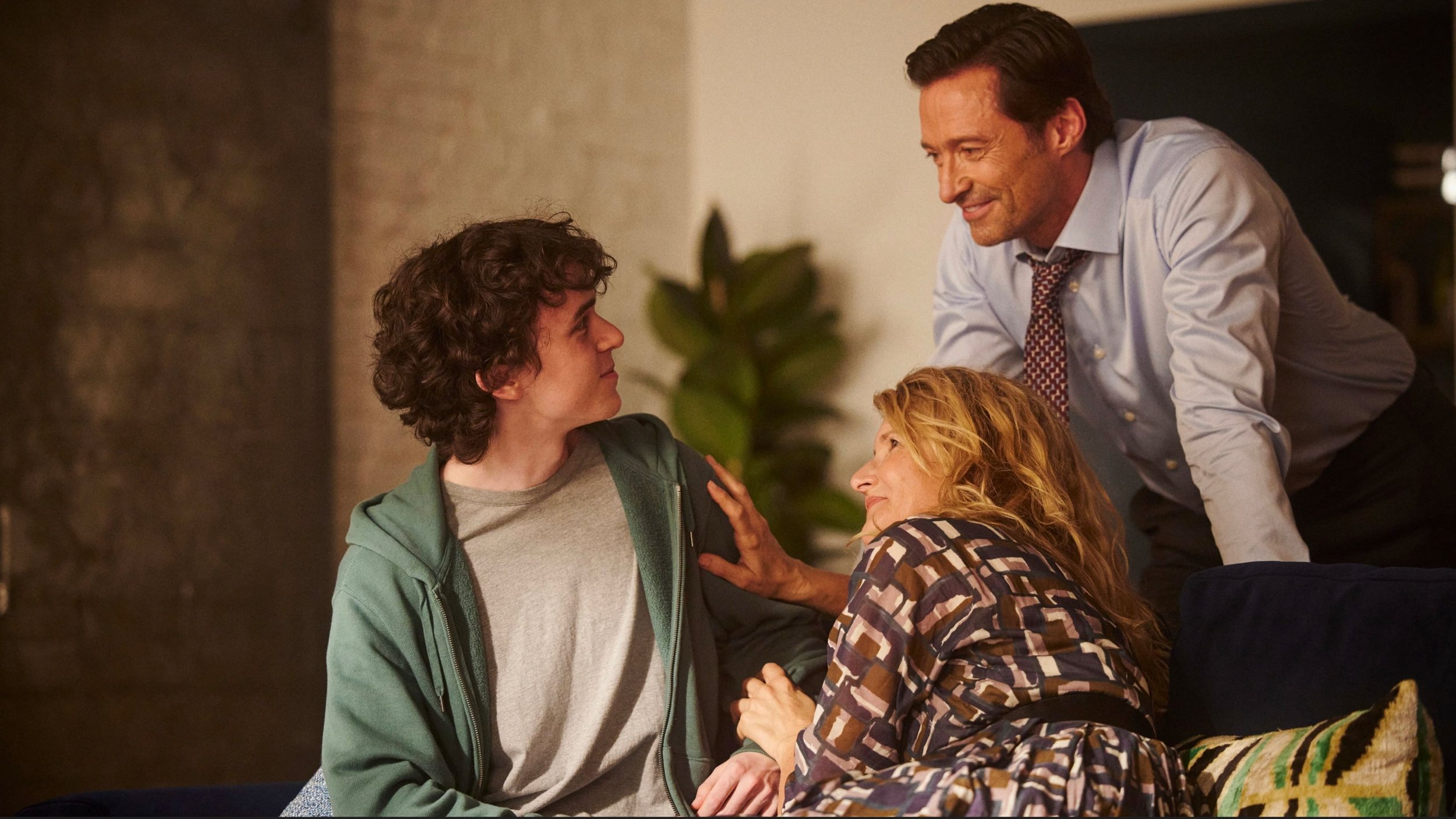Venice 2022: The Son
VENICE / SONY PICTURES CLASSICSWith its feature debut The Father, an adaptation of his own stage play, Florian Zeller broke into the mainstream as one of the more confident dramaturgs-turned-filmmakers. High on the success of the Oscar-winning film, he is back with a new transposition of another one of his theatrical works: The Son.
It is clear that Zeller cares deeply about the psychology of his characters: whether it is elderly Anthony Hopkins suffering from dementia or teen Zen Mcgrath dealing with acute depression, no judgement is passed on these people, only compassion related to the writer-director himself experiencing such hardships directly and indirectly. The Son is a deeply touching portrait of a father (Hugh Jackman) trying to help his child who blames his divorce (from Laura Dern to the younger Vanessa Kirby) for his own inner torment.
A point of contention among critics at the Venice Film Festival is about the film’s portrayal of mental illness: is it exploitative or not? Is Zeller manipulating audiences with high-intensity drama and loud outbursts and shouting, or is it genuinely compelling? Cinema, and art in general, are inherently manipulative: these are fictional tales created to elicit emotions in a wide group of people. While The Son can be critiqued for leaning a bit too hard into melodrama in its final act, it is still a deeply emotionally affecting drama.
The performances are expectedly great, but it is the script that truly brings everything full circle: Jackman’s character is a man that is still bitter of the pressure and expectations that his father (Hopkins again in a one-scene role) forced upon him, and he is repeating history with his own off-spring. Mcgrath’s depression rings true to life, doing extreme things as a cry for help, wanting only to live inside the happy memories of childhood when everything was seemingly easier.
The Son does not want to (and should not) be an answer on how to deal with children dealing with depression. If anything, it is a conversation starter, an appeal to the older generations to not repeat the mistakes of their parents, to be open to talking and helping their sons and daughters free of judgment and impositions. A truly emotional film that left many speechless and teary-eyed at the end of it, even if its overly classical direction and cinematography do not elevate it stylistically above other theatrical adaptations.


